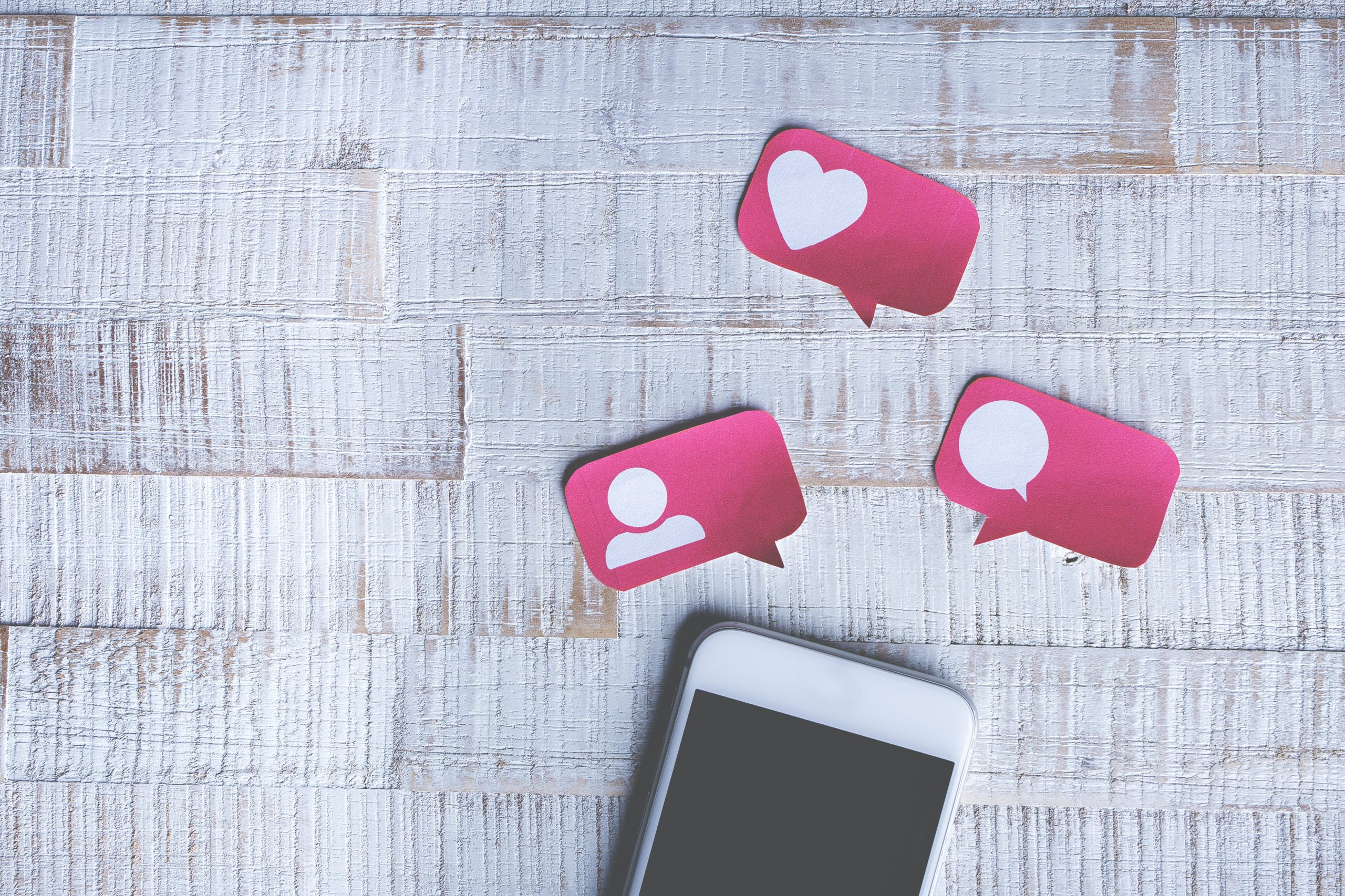Last summer on a bike trip through Montreal, my Blackberry was accidentally drenched in sunscreen. The little keypad just oozed off and you could see oil inside the screen. It was messy and sad and caused me to sweat and hyperventilate at the thought of how long I might be without a phone.
Now that I have an iPhone, it’s worse. I am always clutching and checking it – texting, emailing, posting to Facebook, Twitter or checking the NY Post (there’s an app for that!). So the fact that Nomophobia (no mobile phobia) is now a recognized condition is of incredible interest to me.
Here are the signs of the phobia at its worst:
Feeling anxious if your cellphone isn’t nearby
Just the thought of losing your phone makes your heart pound
Taking your phone to bed with you
And if you think you suffer from the affliction, you are not alone. A recent poll found that:
66% of the 1,000 people surveyed say they fear losing or being without their phone.
70% of female respondents fear losing their phones, compared with 61% of males.
People 18-24 tend to be the most nomophobic (77%), followed by those aged 25-34 (68%). The third most nomophobic group is 55 and older.
What does this mean for cell phone providers? How can they capitalize on this great (for them) information without seeming predatory?
I liken it to the approach of security alarm companies, who preach preparedness and adopt a cautionary tone that, yes, okay, plays a bit into our fears. But I see phone providers leveraging this information to the good by upping the ante on customer service, replacement devices and plans that offer multiple phones where possible.
Of course, the campaigns would be directed mostly to making women feel safe and assured that they will never be too far from a repaired or new phone.
Because I don’t see it changing anytime soon. Now, where did I put my phone?
